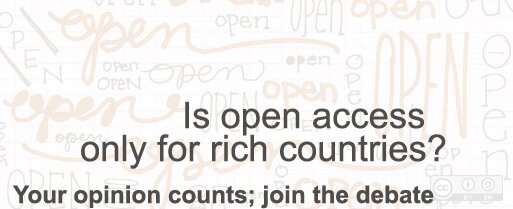The Open Copyright Review
Monday, November 10, 2008 21:24
Throughout 2008, The African Commons Project has been working in conjunction with the Shuttleworth Foundation in Cape Town, on the Open Copyright Review. The review was a project that aimed to engage civil society and ordinary South Africans in a review of how they understand copyright, and how South African copyright law affects them and the work that they do. It follows the review model used by the Alternative Law Forum in Bangalore, India, not only because this is a useful model for commenting on law, but also because the ALF review is a useful model of how a developing nation with an inherited colonial copyright system can approach the law and modulate it to meet the unique needs and features of a developing country.
After many discussions and workshops, and the opportunity to comment on an online wiki, the various concerns, comments and suggestions made were combined into a Report that included a plain language review of South African copyright law, as well as a critique of the areas of the Act that should be reviewed and recommendations of possible changes that could be made.
In general, the Report focused on access to knowledge resources and learning materials, and examined how the restrictive, European-style law that is currently in place has, in the past, had a chilling effect on the access of learners to knowledge, especially in the area of electronic resources. Many of recommendations that were made have the potential to liberate knowledge and make it easier to access for many South Africans.
The huge advances made in technology (particularly in the digital realm) since the Act was passed in 1978 have also completely revolutionised the way South Africans engage with content, copyright and technology. No provisions were made for these advanced in the 1978 Act, and one of the objectives of the Review was to make recommendations that take these advances, and any future development that may take place, and make provisions for them in the Act.
The report also looked at areas of the Act that are vague or narrowly defined like the definition of license. Fair Dealing is also examined, since the definition of Fair Dealing and the exceptions it allows for in the Act are very vague. The Report also examines concepts that are only briefly mentioned, like Orphan Works, Parallel Imports and the Public Domain. All three of these areas offer important freedoms, which could improve access to learning materials.
Throughout the review process and the writing of the Report, the authors attempted wherever possible to use plain language, and make the review as human-readable as possible. One of the objectives of the project was to demystify and develop a vocabulary around copyright, so that ordinary South Africans, who may not have legal expertise, are able to engage in the discussions and debates that are emanating from the review process.
For more information about the process, and to read the resources that are being used in the review, have a look at the Shuttleworth Foundation’s Copyright Review wiki

